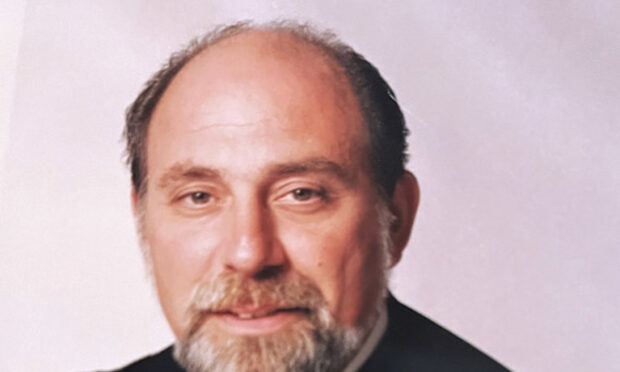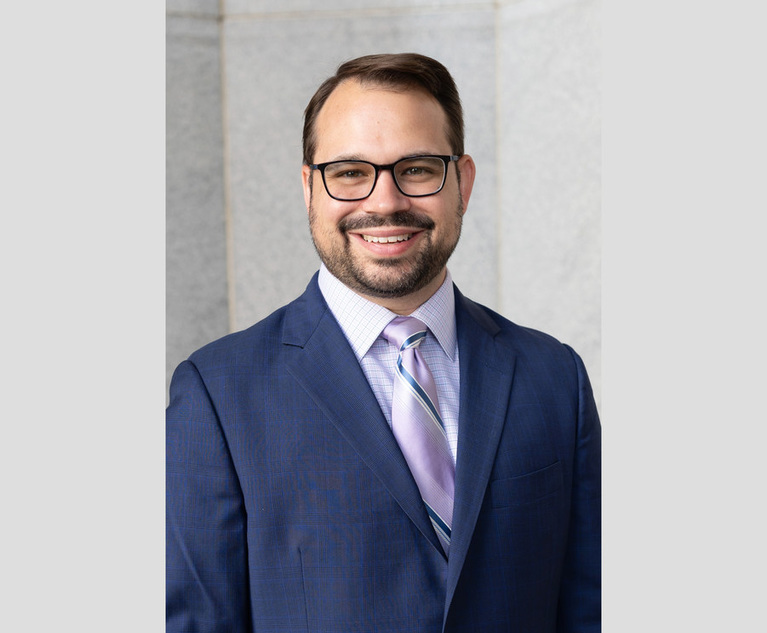Solo practitioner Adam Seiden is chair of the New York State Bar Association and writes about the U.S. Surgeon General’s report in 2024called “Our Epidemic of Loneliness and Isolation.” The report is about how the pandemic has increased loneliness amongst Americans, and that the result can be increased risk of stroke, heart disease and dementia in older adults.
Seiden, a retired associate City Court Judge of the Mount Vernon City Court, sees this problem clearly in the legal industry.
“We lawyers face enormous stress and pressure in our occupation,” Seiden writes. “We are often careful not to share our feelings with anyone for fear of how it may injure our reputation among peers and/or clients. The result is a deep lonely feeling that you are the only one so struggling. It can lead to anxiety and possibly depression.”
With the problem being exacerbated in recent years, studies have shown that the problem affects all types of practices in the legal industry, including large firms, in-house counsel, small firms, solo practitioners, and government attorneys.
Seiden writes that there are actions that can be taken. Bar associations have assistance programs or committees for attorneys that can lead them to professional help. Mentors and mentee programs can also help guide an attorney through an overwhelming work life. Extending civility to opposing counsel can help a lot.
Are you interested in combating loneliness in work life? Read more in this law.com article.











